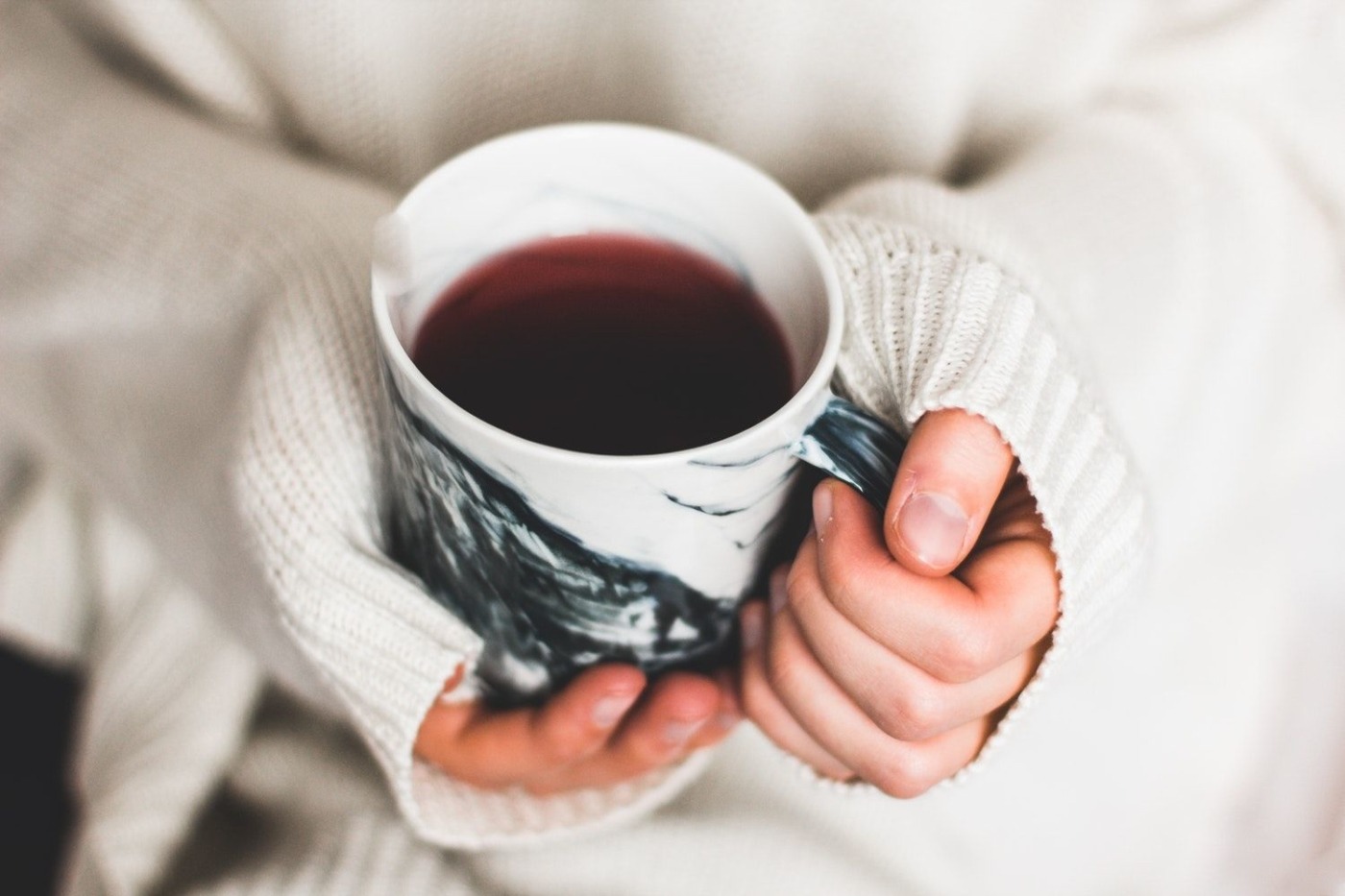Tea or coffee?
It’s a typical British morning – cold, wet and grey. You groan and contemplate skipping your first lecture, thinking to yourself, ‘if I go in later I get to skip the morning queue for the bus’ and ‘I deserve a lie in, it’s so close to end of term’ or ‘what’s the point? We are but mere grains of sand hurtling through an endless void…’
Sadly you’ve lost at your own debate and as you break from your warm sheets you realise you have made a tragic mistake. So you tighten your dressing gown and trek to the kitchen for anything to warm the cold husk of your former self. You suppress your anger at yet another day with a messy kitchen, fill up the kettle, and reach into your cupboard. Now here’s the important question: tea or coffee?
Now here’s the important question: tea or coffee?
It turns out that your preference for tea over coffee, or vice versa, may be a genetic one. A recent article published in Scientific Reports suggests that it is your perception of bitterness in drinks like tea, coffee and alcohol, and not necessarily the flavour, that affects how much of said drinks you consume.
The team used an analysis method called Mendelian randomisation using genetic variants associated with the perception of bitter substances to evaluate the intake of coffee, tea (and alcohol) in over 400,000 UK Biobank participants. So what is Mendelian randomisation, how does it work and how do we know for sure the decision is in our genes and not, say, the mood you’re in?
It turns out that your preference for tea over coffee, or vice versa, may be a genetic one.
Genes are passed on randomly through each generation. These are the genes that affect how much we eat, sleep, drink, behave and more. However, because they are genetic and determined from the moment we are conceived, these influences cannot be affected by anything we do or don’t do in our lives. Therefore, we can use this to understand more about cause and effect without worrying about external factors that could affect the results. Mendelian randomisation is a method that exploits this fact and groups people based on their genetic code. In this case, the team focused on three genetic variants that allow us taste bitter molecules like caffeine, propylthiouracil (PROP) and quinine, in foods and drinks (data of which was collected in a large twin study). They found that the UK Biobank participants with a greater genetic predisposition to perceiving bitterness of caffeine, drank more coffee, however those that were more predisposed to perceiving the bitterness of PROP and quinine, drank less. The reverse was found for tea drinkers.
In an interview with the Guardian, Jue Sheng Ong, one of the authors of the paper, noted that “while the effect of perception on your daily coffee intake might be relatively small – only a 0.15 cup per day increase – from a normal caffeine taster to a strong caffeine taster, it actually makes you 20% more likely to become a heavy drinker – drinking more than four cups per day.”
They found that the UK Biobank participants with a greater genetic predisposition to perceiving bitterness of caffeine, drank more coffee, however those that were more predisposed to perceiving the bitterness of PROP and quinine, drank less.
It’s worth keeping in mind that the study does have limitations, including the fact that it is reliant on self-reporting from the participants. However, understanding why we choose to consume the things we do, and more importantly why we over-consume, can give us a greater insight into our behaviour and habits, good or bad.
So as you stand in your kitchen, enjoying the warmth from a hot brew, and you feel yourself become more human again, know that, yes we are just grains of sand hurtling through an endless void, however in this moment, all the random events that happened to make you, you, meant that at this place in time, in this part of the universe, you have chosen to make a damn fine cup of coffee.

Comments
Comments are closed here.